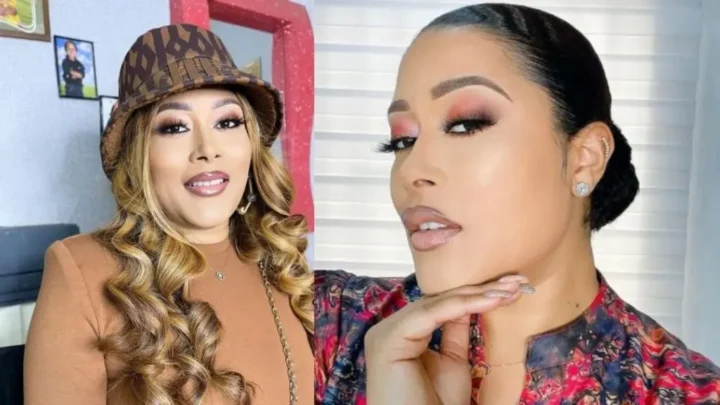Nollywood actress Adunni Ade has come out to say that beauty does not guarantee a long-lasting relationship. She recently had her say while speaking to the press, and fans have been reacting.
According to her, even though physical attraction has its advantages, it does not sustain love, and being admired for beauty is not the same as being seen for who you truly are.

Adunni added that women should focus on building more than their looks, because character, values, and personal growth should be every woman’s priority before anything else.
Her words, “I used to be the centre of attention, the most admired, the most talked about in my youthful days. Beauty opened many doors. I was loved, I was desired. But guess what? I’m still not married.
Some came for the face, not the soul. Some wanted the shine, not the substance. I learned the hard way that a woman must be more than just beautiful.
Build your mind, know your worth, have values, be whole on your own. Marriage will come when it is right, but don’t think beauty is all you need. Life demands more than looks.
Work on yourself, grow, be the kind of woman that doesn’t just turn heads — because in the end, beauty fades, but character stays.”
WOW.
Nollywood is a sobriquet that originally referred to the Nigerian film industry. The origin of the term dates back to the early 2000s, traced to an article in The New York Times. Due to the history of evolving meanings and contexts, there is no clear or agreed-upon definition for the term, which has made it a subject to several controversies.
The origin of the term “Nollywood” remains unclear; Jonathan Haynes traced the earliest usage of the word to a 2002 article by Matt Steinglass in the New York Times, where it was used to describe Nigerian cinema.
Charles Igwe noted that Norimitsu Onishi also used the name in a September 2002 article he wrote for the New York Times. The term continues to be used in the media to refer to the Nigerian film industry, with its definition later assumed to be a portmanteau of the words “Nigeria” and “Hollywood”, the American major film hub.
Film-making in Nigeria is divided largely along regional, and marginally ethnic and religious lines. Thus, there are distinct film industries – each seeking to portray the concern of the particular section and ethnicity it represents. However, there is the English-language film industry which is a melting pot for filmmaking and filmmakers from most of the regional industries.
Support InfoStride News' Credible Journalism: Only credible journalism can guarantee a fair, accountable and transparent society, including democracy and government. It involves a lot of efforts and money. We need your support. Click here to Donate
